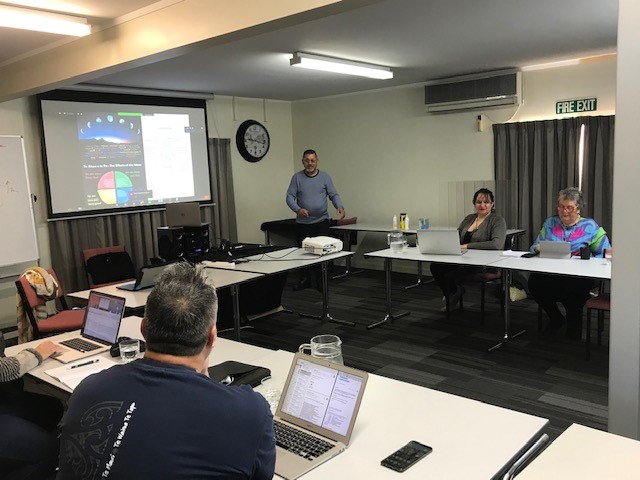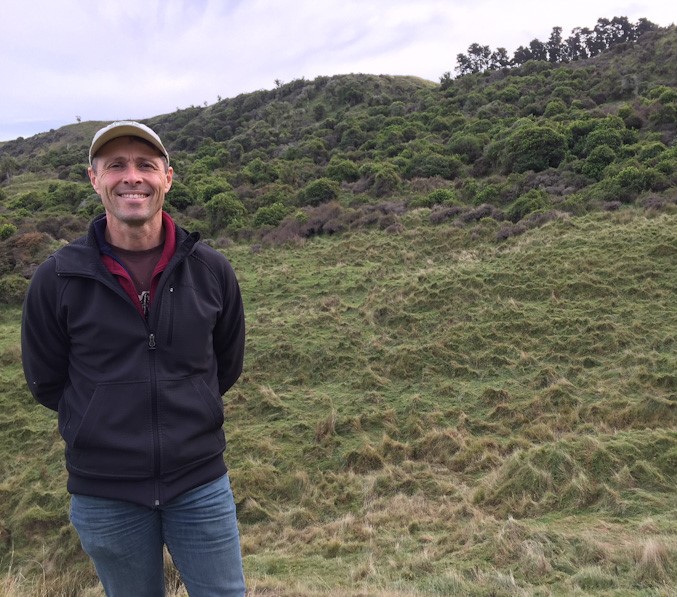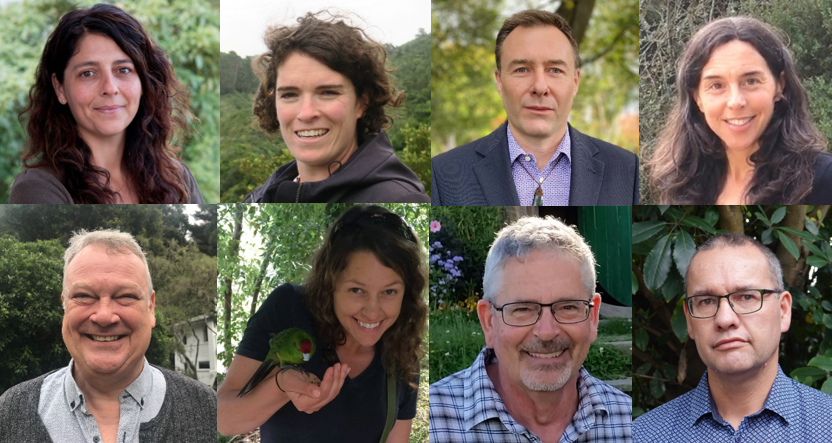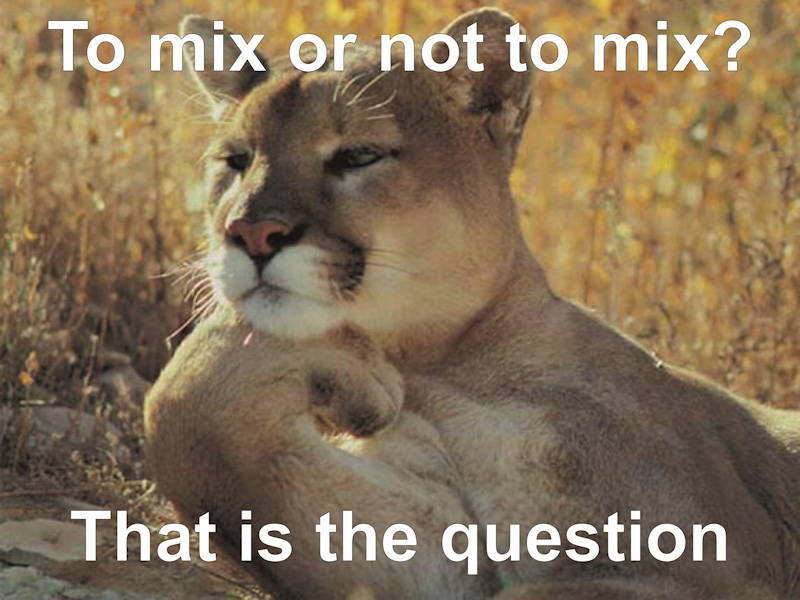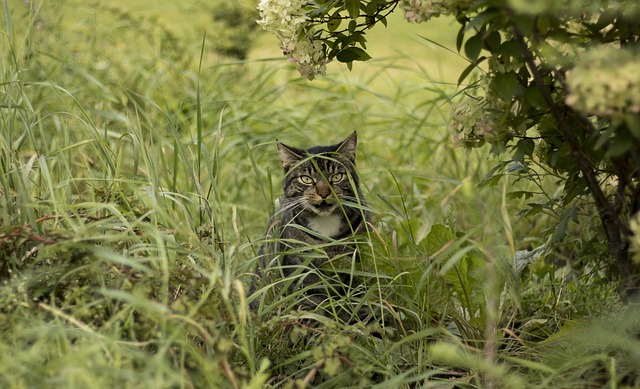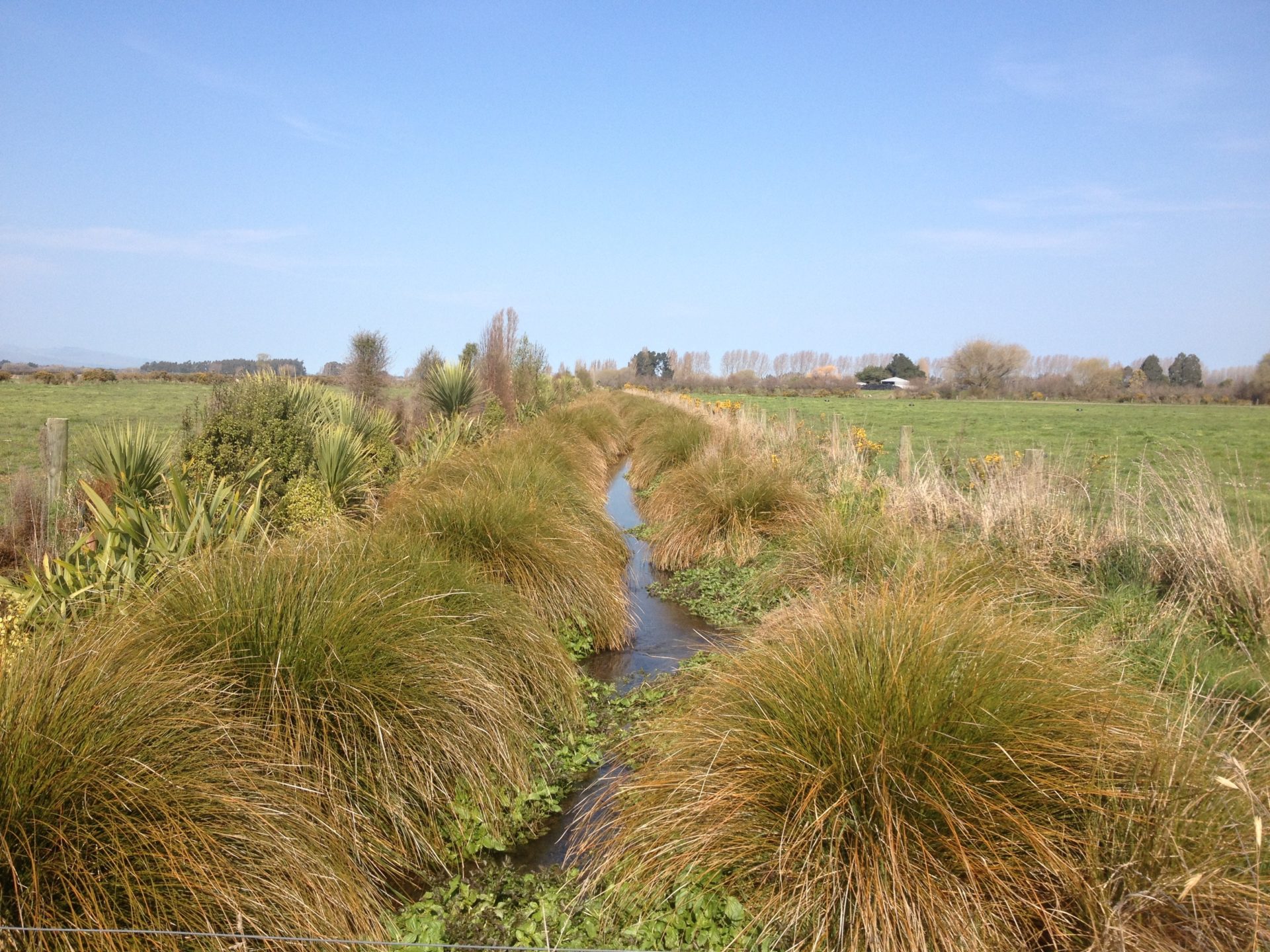Authentic partnership with mana whenua takes pride of place in the BioHeritage Challenge. But what happens when seven different teams all want to honour this process in a similar field of work?
Non-productive vegetation can increase vital services on farms
Non-productive vegetation on farms can increase ecosystem services such as decomposition and nitrogen mineralisation, according to a recent study.
May Newsletter – National Science Challenge
Details of our Whakamana/Empower and Whakahou/Restore investments, plus a student blog on genetics in conservation.
How can we best use genomics to enhance conservation translocations?
The best way to build resilience in threatened species is often debated, but do we even know how to measure what we’re trying to compare?
April newsletter – Ngā Rākau Taketake
Details of the Ngā Rākau Taketake investments, how policy needs science and news from MPI
Policy needs science like a fat tūī loves nectar
We “sat down” with Katrin Webb from DOC to talk about how policy uses the science provided to them, and how useful it is to have everyone at the table from the very beginning.
February newsletter – National Science Challenge
Tranche 2 lead-off investments, cats on farms, why restoration projects sometimes don’t go as we expect and more . . .
Do feral cats like trees just as much as our natives do?
Vegetation on farms is usually considered good for biodiversity – but what if we’re enabling the very predators that stop native species bouncing back?
If you build it, will they come?
University of Canterbury PhD student Issie Barrett writes about ecological tipping points, and why some restoration projects don’t always go as planned.
Goals for our Strategic Outcomes
During the Tranche 2 scoping process each Strategic Outcome (SO) group was tasked with figuring out what the primary goals should be in their space. They relied on the breadth of knowledge and experience in the room, as well as consulting extensively with stakeholders and partners.
